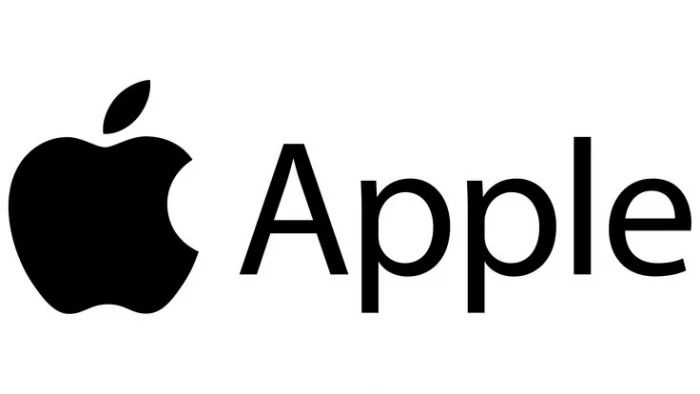Apple Rejects Elon Musk’s Allegations That App Store Gives Preference to OpenAI Over Rival AI Apps
by Muskan Kansay - 6 months ago - 2 min read

The rivalry between Elon Musk and Apple just got hotter. This time, the fight is over the App Store and its role in the fast growing AI industry. Musk claims Apple is giving OpenAI’s ChatGPT special treatment, locking out other AI apps like his own Grok from the top spots. He called it an “antitrust violation” and even threatened legal action.
Apple quickly pushed back. “The App Store is designed to be fair and free of bias,” Apple explained that top chart rankings and featured lists come from algorithms and expert editors, not secret deals, as quoted by bbc. The company pointed to data showing that many AI apps such as DeepSeek and Perplexity have reached the number one spot this year in different markets.
The charts show a mixed picture. As of August 13, ChatGPT is ranked number one among free iPhone apps in the U.S., while Grok is at number six. That’s hardly a full ban. In recent months, Grok, DeepSeek, and Perplexity have all outpaced ChatGPT at times. Even in countries like China and India, smaller AI apps have taken the lead.
Sam Altman, CEO of OpenAI, joined the argument. He mocked Musk’s claims and pointed out that Musk has faced similar criticism about giving his own posts special visibility on X. The debate quickly shifted from App Store rules to personal attacks, with screenshots and data flying across social media.
Meanwhile, Apple is already under pressure from U.S. regulators over antitrust issues. Courts have ordered it to loosen App Store rules, and government bodies are watching closely after the high-profile Epic Games case. The way Apple runs the App Store is not just about rankings; it shapes how millions of people discover and trust new AI tools.
For now, Apple is holding its ground. It says the leaderboards prove competition is alive and well. But this fight is far from over. In the race for AI dominance, both visibility and control of the platform matter as much as the technology itself. And in that race, no one can stay at the top for long.